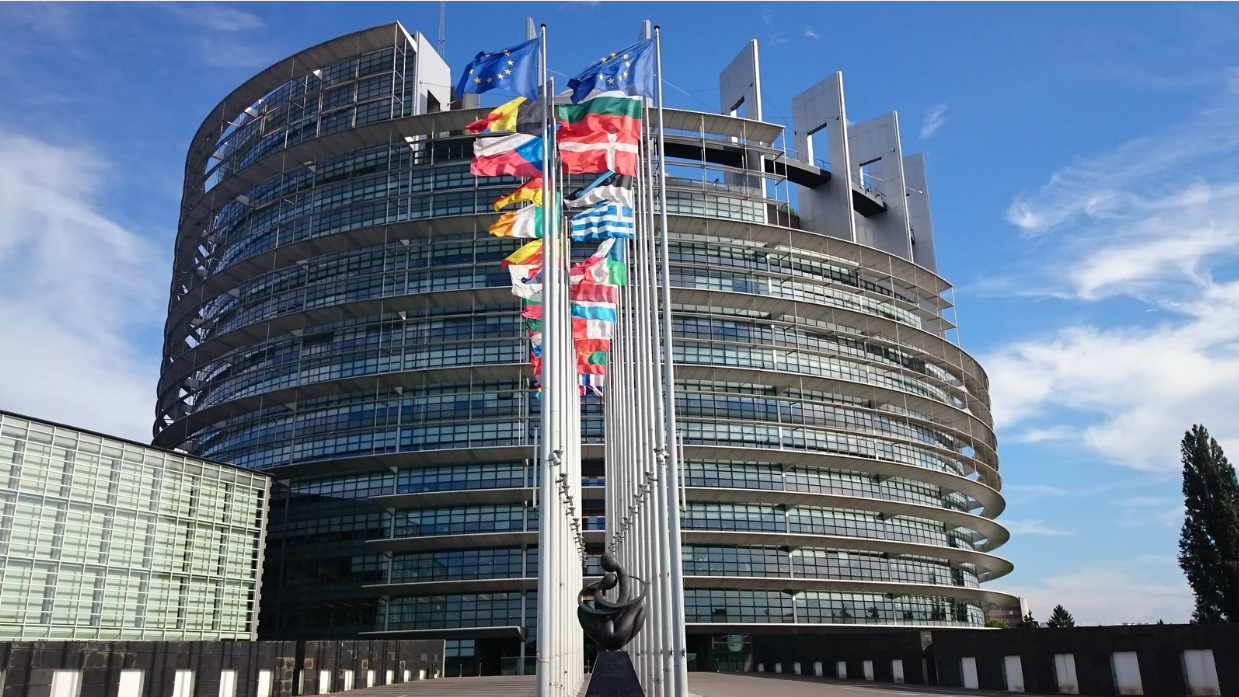The 25 June 2025, the European Commission adopted the Clean Industrial Deal State Aid Framework, tisztaipar-megállapodás állami támogatási keretét (Clean Industrial State Aid Framework, “CISAF”), which enables Member States to accelerate the deployment of clean energy and technology, as well as the decarbonisation of the industrial sector through targeted public grants.
How long can Member States continue to introduce state aid to support the green transition?
CISAF will apply until the end of 2030, replacing the temporary crisis and transition framework (TCTF) currently in force, and will provide long-term predictability for businesses and investors. The entry into force of CISAF does not mean that these funds will automatically be available to businesses, as it is now up to Member States to launch their own state aid programs that fit within the framework.
What are your main focus areas and what level of support can be requested?
Within the framework of CISAF, the European Commission has defined the conditions for state aid and the level of support that can be provided in several priority areas, such as the promotion of renewable energy, the introduction of low-carbon fuels, the transition to non-fossil fuels, industrial decarbonization, and investment support for clean manufacturing technologies.
1. Promotion of renewable energy
State aid is available, for example, for the installation of solar parks, wind farms, or other green energy production systems. The aim is to gradually switch energy supply to clean sources.
Investment subsidy
- Subsidy conditions: In certain cases, competitive bidding or administrative procedures are mandatory.
- Maximum grant intensity (+10-20% for small and medium-sized enterprises):
- 45% in the case of administrative procedures
- 100% in the case of competitive tendering
- Maximum grant: no upper limit
Direct financial support
- Subsidy conditions: In certain cases, competitive bidding or administrative procedures are mandatory.
- Maximum support: may cover the total amount of eligible costs (in the case of renewable electricity generation)
2. Low-carbon fuels
This includes, for example, the production of green hydrogen or the development of biofuel infrastructure, which reduces dependence on fossil fuels.
Investment subsidy
- Subsidy conditions: In certain cases, competitive bidding or administrative procedures are mandatory.
- Maximum grant intensity (+10-20% for small and medium-sized enterprises):
- 20% in the case of administrative procedures
- 100% in the case of competitive tendering
- Maximum grant: no upper limit
Direct financial support
- Eligibility criteria: competitive bidding is mandatory
- Maximum grant intensity: 100%
- Maximum grant: no upper limit
3. Support for non-fossil-based flexibility
Energy solutions that increase system flexibility – such as storage systems or demand-side management – without fossil fuels are eligible for support.
Investment subsidy
- Eligibility criteria: competitive bidding is mandatory
- Maximum aid intensity: not specified
- Maximum grant: no upper limit
4. Temporary electricity price reduction for energy-intensive users
Large energy consumers – such as steel, cement and chemical companies – may receive temporary price support during the transition period.
Price subsidy
- Eligibility criteria: no special procedure
- Maximum aid intensity: 50% of annual consumption (+10% for decarbonization investments)
- Maximum aid: price cannot fall below €50/MWh
5. Support for industrial decarbonization
The conversion of production technologies to environmentally friendly ones – such as hydrogen-based heating, electrification, CO₂ capture – also receives significant support.
Investment subsidy
- Eligibility criteria: Member States may decide to apply competitive procedures
- Maximum grant intensity (+5-10% for small and medium-sized enterprises):
- 60% for investments enabling the use of hydrogen or hydrogen-based fuels
- 45% for investments in renewable energy production, energy storage, flexible electrification, and carbon capture and storage equipment
- 35% for investments in renewable energy production, energy storage, flexible electrification, and carbon capture and storage equipment
- 20% for investments in the production of low-carbon fuels
- 30% for all other technological investments
- Maximum subsidy:
- Below €200 million: within the competence of the Member States
- Above €200 million: mandatory individual notification to the Commission for an assessment of the funding gap
6. Production capacity for clean technologies
Aims to build plants that produce, for example, batteries, green hydrogen or solar energy components.
Investment subsidy
- Eligibility criteria: no competition procedure requirements
- Maximum grant intensity (+10-20% for small and medium-sized enterprises):
- 15 % támogatott területen kívül
- 20 % támogatott területen belül
- 35 % kiemelt területen
- Maximum subsidy:
- 150 millió €/projekt (támogatott területen kívül)
- 200 millió €/projekt (támogatott területen)
- 350 millió €/projekt (kiemelt területen)
The framework allows Member States to provide targeted support to companies operating in sectors that are highly exposed to international competition and whose production is highly energy-intensive. Such companies can receive state aid to reduce their electricity costs, but they must also commit to meeting decarbonization targets.
Additional benefits include:
- tax incentives: the costs of investing in clean technology can be deducted from the tax base more quickly
- projects in less developed regions can count on higher aid intensity
- it also supports the production and processing of raw materials needed for clean technologies.
The new state aid framework aims to strengthen Europe's competitiveness, accelerate the achievement of climate protection goals, and support the green transition of industry.At IBSH, we are constantly monitoring the emergence of new grant opportunities in Hungary and their details, and we are ready to support our clients in preparation, application writing, and project management.
If you would like to stay up to date on funding opportunities, please contact us.



